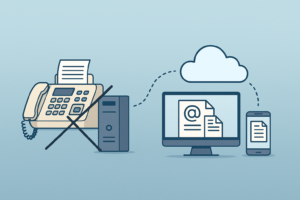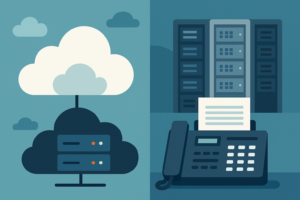A recent report from cybersecurity firm Check Point Software Technologies revealed that the cyberthreat landscape is getting even more dangerous for businesses. According to the study, the average large enterprise came in contact with 106 previously-unknown malware strains every hour in 2014. In 2013, only 2.2 pieces of unknown malware were encountered every hour. The report also discovered that the average business downloads new, unknown malware onto its network every 34 seconds on average and a bot uses those networks to communicate with its command and control center about once every minute.
“The average business downloads new, unknown malware every 34 seconds.”
The study looked at information gathered from more than 60,000 enterprise gateways in 2014 and found the increase in new malware variants “frightening,” according to Juliette Rizkallah, vice president of Check Point. Rizkallah said that while it is rather hard for cybercriminals to create new zero-day malware because it targets previously unknown vulnerabilities, it is easy for them to make small changes to existing viruses so they can get past signature-based antivirus programs.
Check Point researchers conducted a separate survey of more than 700 businesses around the world and found that 42 percent had suffered a mobile security incident that cost over $250,000 to mitigate. To make matters worse, 82 percent of respondents said they expect the problem of enterprise malware to increase as the year goes on.
 Unapproved file sharing apps are causing a surge in enterprise malware.
Unapproved file sharing apps are causing a surge in enterprise malware.Unapproved mobile programs causing problems
One of the biggest security risks researchers discovered was that employees were utilizing unapproved applications that were not covered in enterprise security programs. High-risk applications were found in 96 percent of the enterprises involved in the study, an increase of 10 percent from 2013. Many of the unapproved applications dealt with file sharing services like Dropbox. The increasing popularity of bring-your-own-device programs has made the problem worse, as employees continue to use whatever applications were already on their mobile devices.
“BYOD is bring your own doom,” said Rizkallah. “Security professionals understand that users really want to use their smartphone or tablet, but it does create an entry point for criminals and hackers into the network.”
For organizations interested in implementing technology that allows workers to share information remotely and still protect sensitive enterprise information, fax-over-IP is a secure and reliable solution. FoIP services use the Internet to send faxes, creating a mobile, flexible way to share files while still employing the safety and privacy associated with traditional faxing.
When a document is sent with FoIP services, it is stored on an organization’s dedicated cloud server and encrypted. The recipient of the message is the only person with access to it, making FoIP one of the safest forms of business communication. FoIP service providers like FaxCore offer a mobile app that can be used in the same way as other online file sharing services, but with a higher level of security and safety. With FoIP, businesses don’t have to rely on email or insecure apps to send information, greatly reducing the likelihood of a data breach.
Enhance enterprise communication, collaboration and compliance efforts with a proven FoIP solution from FaxCore. Contact FaxCore today to learn more about their ‘Partly-Cloudy’ fax solutions and fax server hardware.




